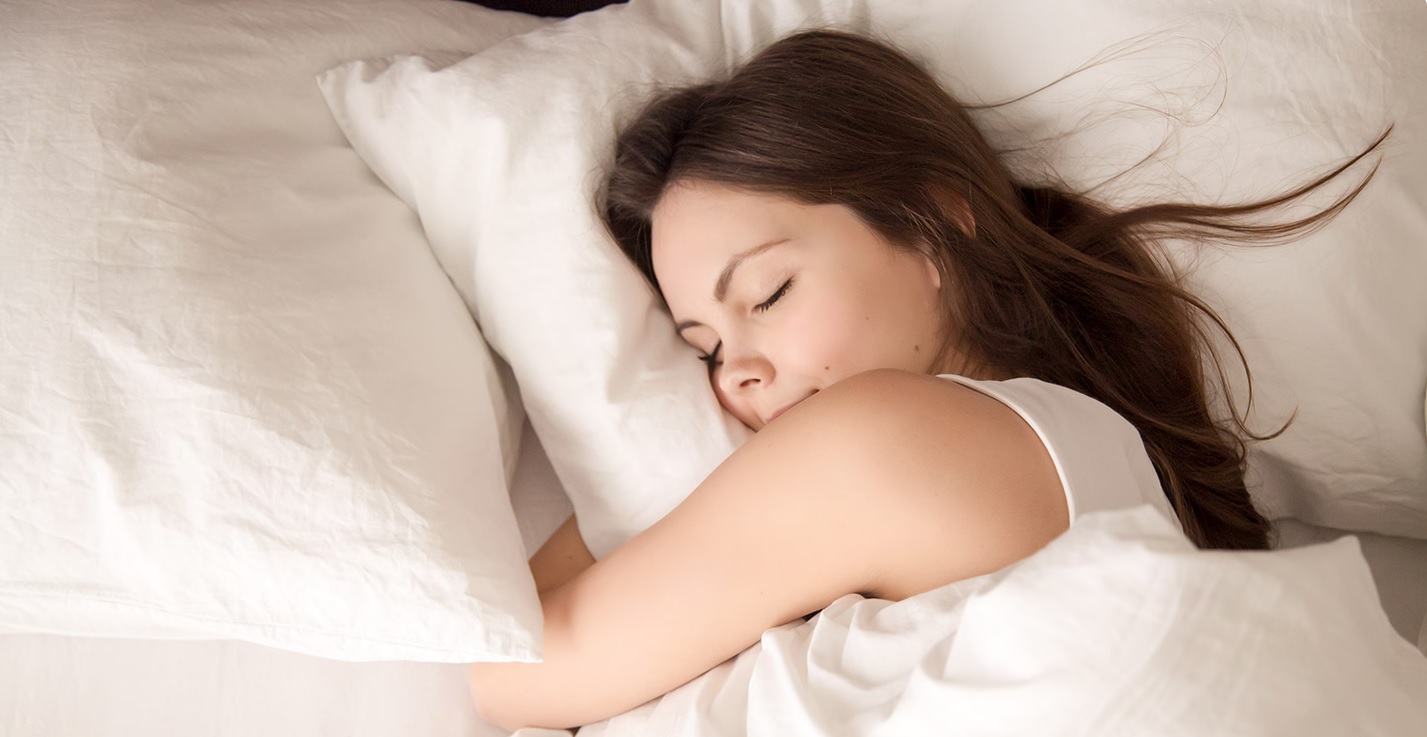15 Simple Tips to Sleep Better at Night
Getting better sleep isn’t just about going to bed earlier. Simple changes to your daily habits, diet, and environment can make a big difference. Here are 15 easy and science-backed tips to help you sleep better at night.

1. Get More Natural Light During the Day
Sunlight helps keep your body clock (circadian rhythm) on track. Try to spend time outside during the day. If that’s not possible, use a light therapy lamp.
2. Avoid Blue Light at Night
Phones, tablets, and computers give off blue light that can mess with your sleep. Try turning off screens and bright lights at least 2 hours before bed. You can also wear blue-light blocking glasses.
3. Don’t Drink Caffeine Late in the Day
Caffeine can keep you awake even hours later. Try to avoid coffee, tea, soda, or energy drinks at least 8 hours before bed. Choose decaf if you need a warm drink in the evening.
4. Limit Long or Irregular Naps
Short naps (20–30 minutes) are fine, but long or late naps can confuse your sleep cycle. If naps make it hard to sleep at night, try to cut them down.
5. Stick to a Regular Sleep Schedule
Go to bed and wake up at the same time every day — even on weekends. A regular routine helps your body sleep better.

6. Try Melatonin Supplements
Melatonin is a natural hormone that tells your brain it’s time to sleep. A low-dose melatonin supplement may help, especially if your sleep schedule is off. Talk to a doctor before using it regularly.
7. Consider Other Natural Supplements
Supplements like magnesium, omega-3, zinc, and resveratrol might help you relax and fall asleep. Try one at a time to see how your body reacts.
8. Avoid Alcohol Before Bed
Alcohol may make you feel sleepy, but it can interrupt deep sleep and worsen problems like snoring or sleep apnea. Try not to drink right before bedtime.
9. Choose the Right Mattress and Pillow
Your bed matters! If your mattress is too old or uncomfortable, it could be hurting your sleep. Medium-firm mattresses often work well for most people.
10. Make Your Bedroom Comfortable
Keep your room cool, quiet, and dark. Use blackout curtains, earplugs, or a white noise machine if needed. Ideal bedroom temperature is around 65°F (18°C).
11. Don’t Eat Too Late
Try to finish dinner 2–3 hours before going to sleep. If you need a snack, keep it small and light. Avoid heavy or high-carb foods late at night.
12. Drink Less Water Before Bed
Drinking too much right before bed might wake you up at night to use the bathroom. Try to stop drinking fluids 1–2 hours before sleeping.
13. Relax Before Bed
Wind down with calming activities like reading, meditation, or taking a warm bath. Relaxing your mind and body makes it easier to fall asleep.
14. Check for Sleep Disorders
If you’ve had trouble sleeping for a long time, you might have a sleep disorder like sleep apnea or insomnia. Talk to a doctor if nothing seems to help.
15. Exercise Regularly — But Not Too Late
Daily exercise can help you sleep better. Just try not to work out right before bed, as it can boost your energy and keep you awake.
Bonus: What Is the 10-3-2-1-0 Sleep Rule?
-
10 hours before bed – No caffeine
-
3 hours before bed – No food or alcohol
-
2 hours before bed – No more work or intense thinking
-
1 hour before bed – No screens
-
0 – The number of times you hit snooze in the morning!
Final Thoughts
Good sleep is just as important as healthy food and regular exercise. With a few small changes, you can improve your sleep and feel better every day. Try one or two tips to start, and see what works best for you.
